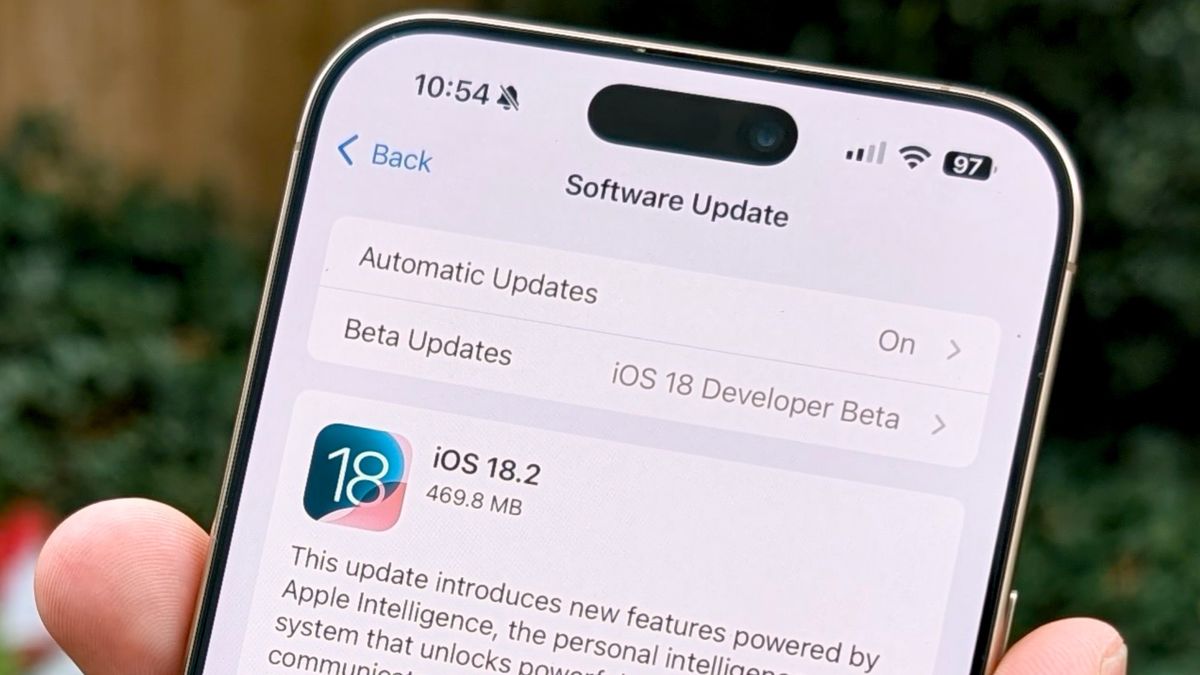Sports
How AI and surveillance technology infiltrated sports

It should be simple to stream live TV at home.
But depending on the sport, you might be signing up (and paying handsomely) for a lot of different services just to keep up.
There are the rare leagues, like Major League Soccer, that can be watched on a single channel. (In the US, every match can be viewed live on Apple TV with the MLS Season Pass.) But keeping up with most sports resembles, say, tennis, where the rights for its four major tournaments are scattered across several different platforms.
And in general, as the large streaming platforms go toe-to-toe with the legacy broadcast companies transitioning to digital, the much-sought-after rights have positioned leagues to make a lot of money. The adverse effect for viewers is that many professional sports are now available “exclusively” in many different places.
Basically, watching sports has never been easier. And it’s also never been harder.

In the US, you can stream the majority of live NFL games through Sunday Ticket, a full season of which costs $349, plus you’ll need to be subscribed to YouTube TV at $72.99 a month. For six months of football ($437.94), from week one to Super Bowl Sunday, that brings the total to $786.94.
That’s not every game, though. All the Thursday Night Football games, plus the Black Friday game, and one wild card playoff game will be exclusively on Amazon Prime Video ($8.99 per month, which you’ll need for five months, totaling $44.95); one exclusive regular-season game in Brazil is on Peacock ($7.99 per month); ESPN Plus has one exclusive Monday Night Football game ($10.99 per month); and this year, Netflix joins the fray with two Christmas Day games ($6.99 per month).
If you wanted the ability to stream every game in the US, your total would be $857.86.
The NBA signed an extraordinary 11-year, $76 billion deal to air games with Disney, Comcast, and Amazon beginning with the 2025–2026 season. That nets the NBA a little shy of $7 billion per season, up 2.5 times the league’s previous annual take for media rights.
How will things get divvied up? Well, next season promises games every night of the week: Mondays will have doubleheaders on Peacock; Tuesdays get two games broadcast on NBC regional affiliates; Wednesday has doubleheaders on ESPN; Thursday will have prime-time games on Amazon, starting in January after Thursday Night Football is over; Friday gets some games on Amazon and occasionally others on ESPN; Saturdays will mostly be prime-time games on ABC, with a few afternoon games on Amazon; and Sunday will have games on NBC after the NFL season is over. Did you keep track of all that?
Currently, there is NBA League Pass, a popular streaming service for out-of-market games that lets you pick a few teams. It remains unclear how that will work next year.

The Professional and Amateur Sports Protection Act (PASPA) of 1992 ostensibly banned sports betting in the United States except in a few states. But in 2018, the law was overturned, the Supreme Court ruling that it was a violation of the 10th Amendment. Now, the legality of sports gambling is decided at the state level, which has meant that we’re inundated with ads for things like DraftKings and FanDuel. This is also a new avenue of media rights that leagues can sell, though those deals are far more opaque than TV and streaming contracts.
While sports betting has been huge in Europe for years, it’s now booming here. Sports betting revenue in the US has grown to $11 billion in 2023 — growth of over 11 times in just four years. Already, gambling revenue is eclipsing the size of entire sports leagues and will surpass the biggest one — the NFL — within a decade of PASPA being overturned.
If projections hold true, in five years, the total revenue from online sports betting will eclipse that of major sports leagues.
Credits
Editors: Sarah Jeong, Jake Kastrenakes, and Kevin Nguyen
Illustrator: Samar Haddad
Creative director: Kristen Radtke
Engineer: Graham MacAree
Copy editors: Mariya Abate and Liz Hickson
Fact-checker: Becca Laurie

















.jpg)

